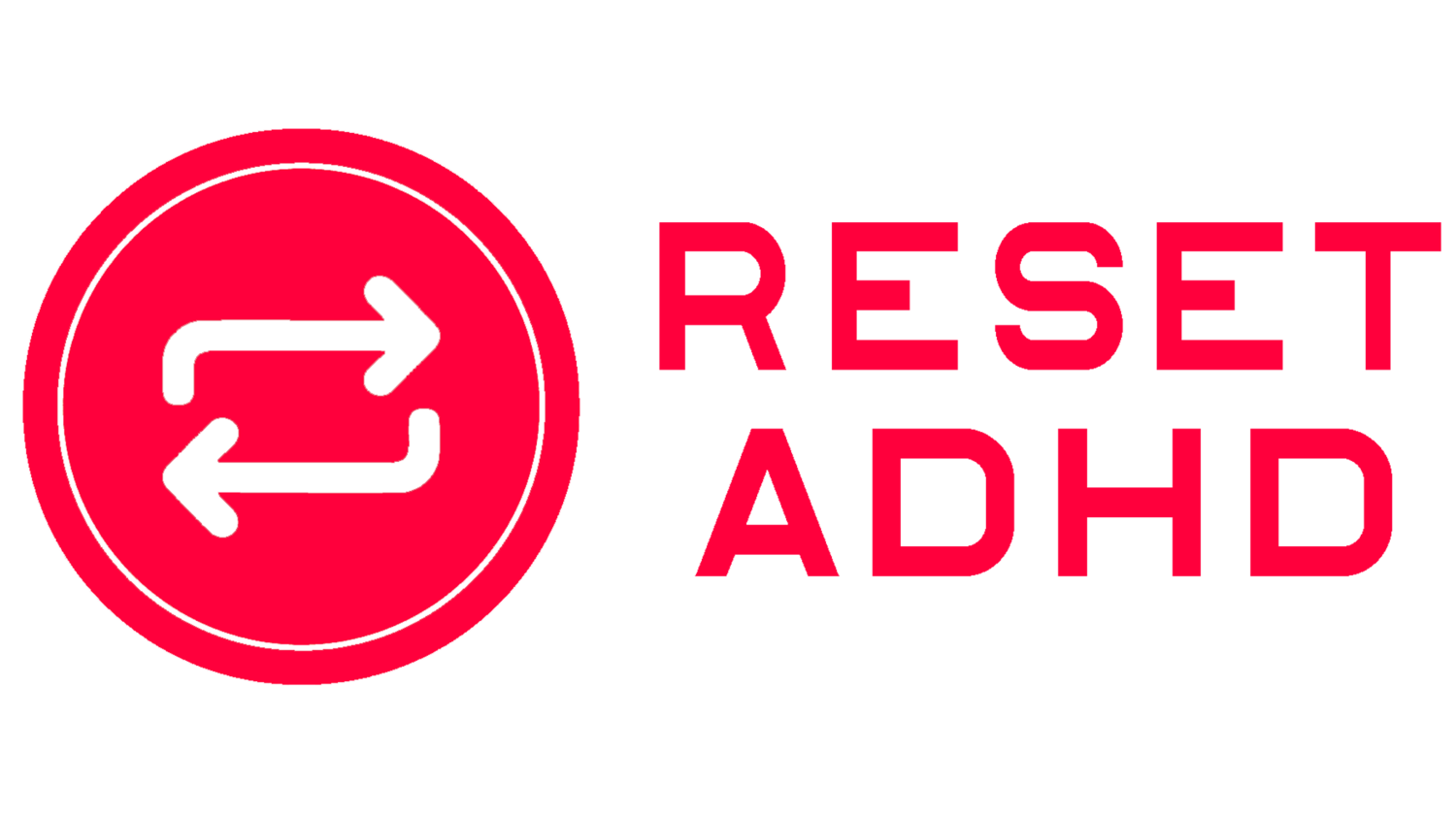ADHD and Marijuana REVISITED
In November, I published a blog post in which I said that marijuana should not be used to treat ADHD. I have not switched my opinion on that. However, while researching for the second edition of ADHD Talks, I realized that it was not as black and white as I once thought. In fact, it is quite gray (Do you like how this blog post’s featured image is a grayscale version of my previous blog post? That was intentional because of how this issue isn’t black and white; it’s gray. I thought it was clever). As of right now, I do not know if marijuana is a safe effective treatment for ADHD, but it could be. I have my doubts, but my mind is open to what future research might find. Here are some of the things that have me interested in what future medical marijuana research will show.
The Endocannabinoid System
In the 1990s, scientists discovered the endocannabinoid system (ECS), a biochemical communication system with receptors all over the human body. Most of these receptors are found in the brain. The ECS appears to maintain bodily homeostasis and is involved in pain, memory, mood, appetite, stress, sleep, metabolism, immune function, and reproductive function.
Cannabis mimics the endocannibinoids that travel from receptor to receptor in this system. This is a ground breaking discovery that has helped scientists better understand how cannabis affects the body.
This discovery has led some to believe that the reason people offer anecdotal evidence of marijuana helping ADHD is, perhaps, cannabis in mimicking endocannabinoids is able to increase the amount of dopamine in the brain. However, as I mentioned in my previous blog post on this topic, a 2017 study (Bloomfield, Ashok, Volkow, and Howes) found that cannabis increases the amount of dopamine in the short-term but may blunt the dopamine system in the long-term.
THC v. CBD
Marijuana is made up of over 60 cannabinoids. The two that are most prevalent by far are THC and CBD. THC is the one that gets you high. CBD does not get you high. There may be some benefit to THC, but its psychoactive properties are concerning. CBD may indeed have benefits without the negative consequences, but more research is needed.
The Government and Research
Most of the studies on marijuana have flawed research designs or are too small to say anything definitive. Both sides of this debate have research behind their opinions. However, neither side has convincing or clear evidence to support its opinion.
Unfortunately, new and more solid research might be difficult to accomplish. The federal government has categorized marijuana in the same group as heroin. This makes it hard to get enough quantities of it. Additionally, even in states where medical marijuana is legal, major hospital systems and research facilities might be weary of studying it because of the possibility of the federal government pulling funding for other projects. If we are ever going to know whether or not medical marijuana is effective for ADHD or other treatments, we need the government to be more encouraging of such studies.
FYI
I am still opposed to recreational use of marijuana and self-medicating.
